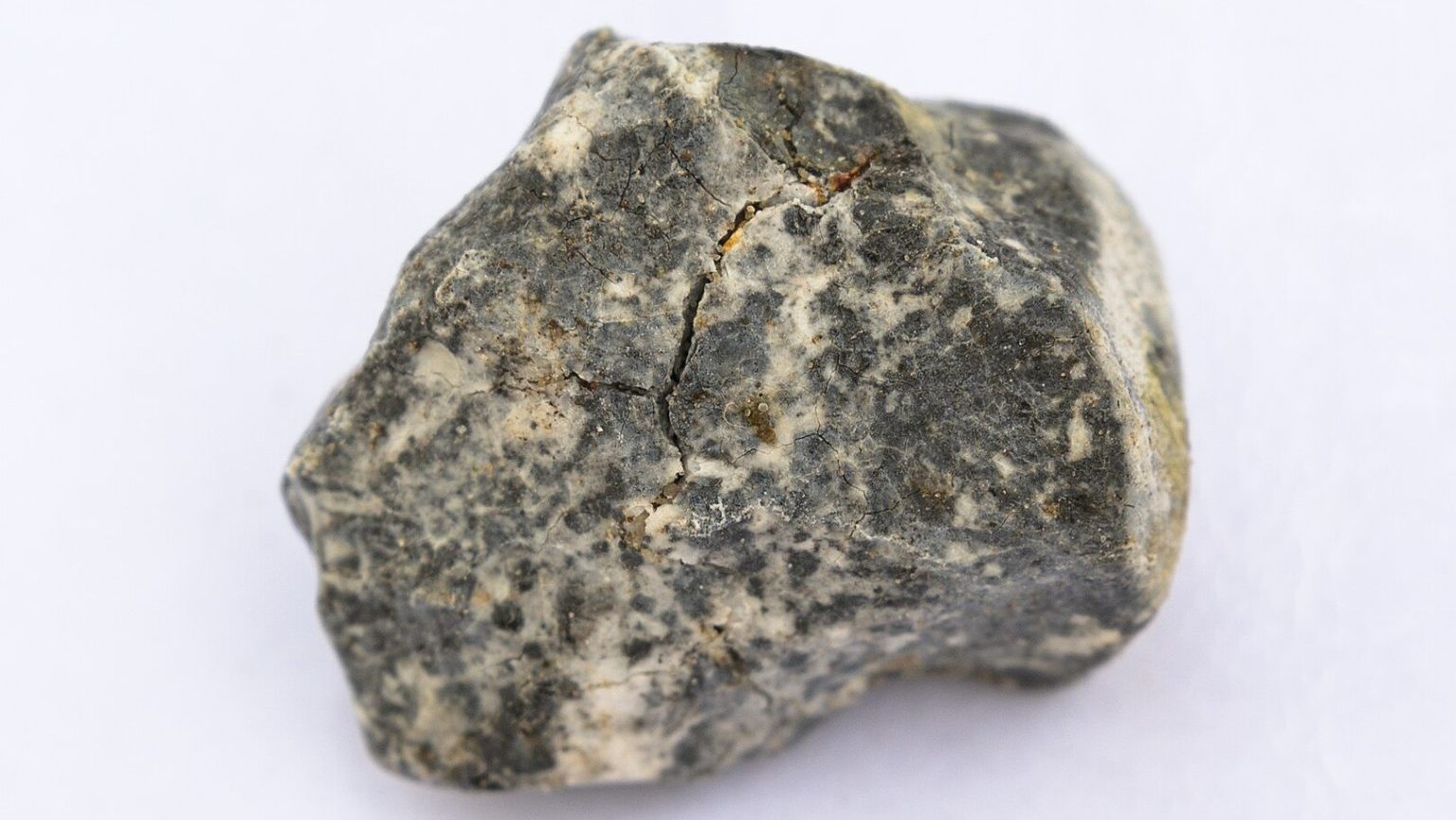From astrobiology to geology, a Moon base could serve as a laboratory unlike anything on Earth.
Search Results
You searched for: Mars
Our research on a Martian meteorite provides new clues about early surface conditions on the red planet.
“You develop an instant global consciousness, a people orientation, an intense dissatisfaction with the state of the world, and a compulsion to do something about it.”
Mercury, Venus, and Mars are all uni-plate planets, and may always have been. Here’s what’s known about why Earth, uniquely, has plate tectonics.
You’ve got to know when to fight and when to laugh.
Water on Mars is key for human survival on the Red Planet, not just for drinking but for growing food and making fuel and oxygen.
The first human that isn’t an Earthling could be in our lifetime.
▸
5 min
—
with
The surface and atmosphere is colored by ferric oxides. Beneath a very thin layer, mere millimeters deep in places, it’s not red anymore.
50 years ago, Herman Chernoff proposed using human faces to represent multidimensional datasets. It was a good idea in theory — but a disaster in practice.
Out of the four rocky planets in our Solar System, only Earth presently has plate tectonics. But billions of years ago, Venus had them, too.
Why can’t more rainwater be collected for the long, dry spring and summer when it’s needed?
We are traveling in a realm that once exclusively belonged to the gods. Space travel will force humanity to rethink everything.
Space missions in 2022 will include massive rockets and asteroid collisions. This is also the year space tourism starts to hit its stride.
Its implications go well beyond the Earth itself, affecting even the future of space travel.
New DNA analyses raise questions over the theory that Christopher Columbus and his men brought syphilis to Europe.
JWST just found its first transiting exoplanet, and it’s 99% the size of Earth. But with no atmosphere seen, perhaps air is truly rare.
As we look to larger cosmic scales, we get a broader view of the expansive cosmic forest, eventually revealing the grandest views of all.
The first world that humans should inhabit beyond the Earth is the Moon, not Mars. Here’s why terraforming our lunar neighbor is so appealing.
Freethink’s weekly countdown of the biggest space news, featuring Starship’s second test flight, a new “dark mysteries” telescope, and more.
Meanwhile meteorite hunters rushed to Berlin to find this most rare space rock.
If aliens are driven mostly by biological imperatives, humanity could be in big trouble if we ever meet technologically advanced beings.
What lies in store for humanity? Theoretical physicist Michio Kaku explains how different life will be for your descendants—and maybe your future self, if the timing works out.
▸
with
Recent research suggests that Earth’s magnetic field bounced back just as complex life was starting to emerge on our planet.
Phobos and Deimos only have two explanations, and neither one adds up.
The TRAPPIST-1 system is a treasure trove of possibilities and questions. Observations by JWST have just begun.
Theoretically, we know what happened on the red planet. Here’s how we’ll find out whether we’re right. When it comes to the worlds beyond Earth in our Solar System, it’s only […]
The massive craft could carry 100 humans to Mars and revolutionize space exploration.
Even at its faintest, Venus always outshines every other star and planet that’s visible from Earth, and then some!
We are likely to see the first humans walk on Mars this decade.
It could analyze a photo of the Martian surface in just five seconds. NASA scientists need 40 minutes.





























